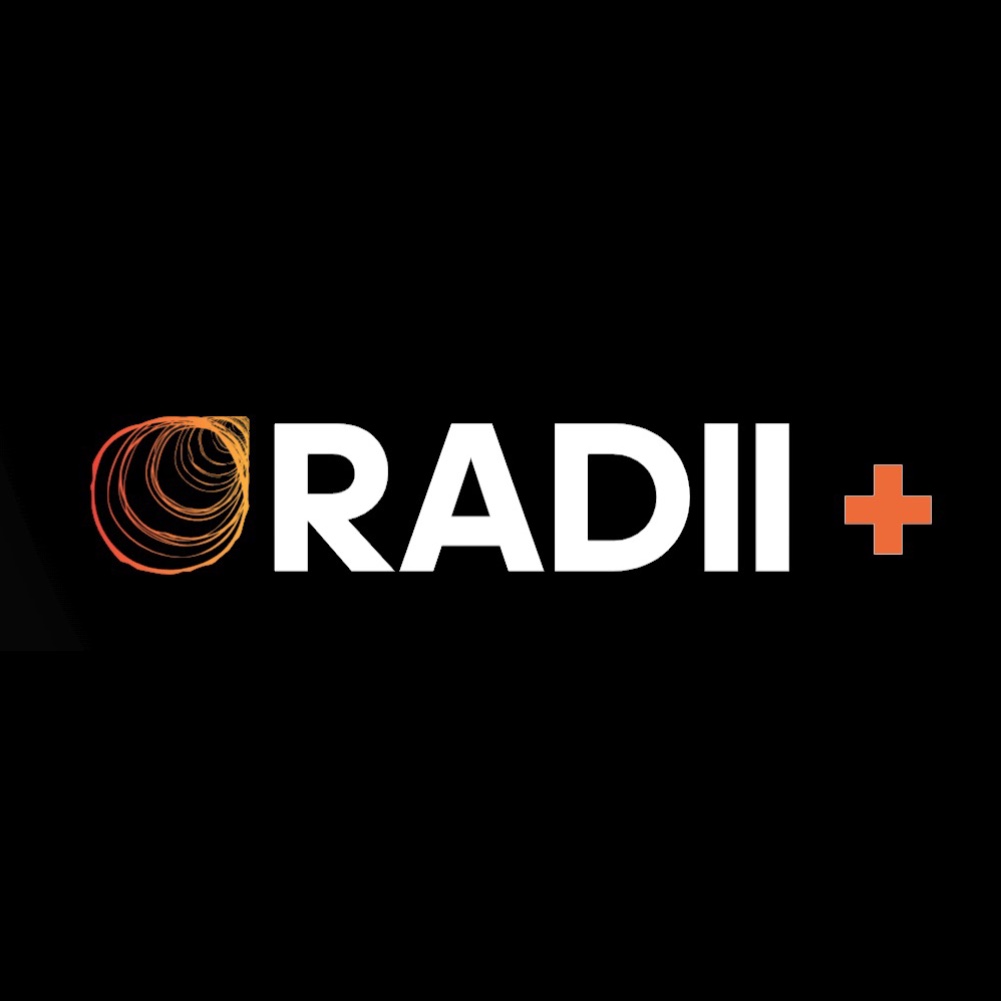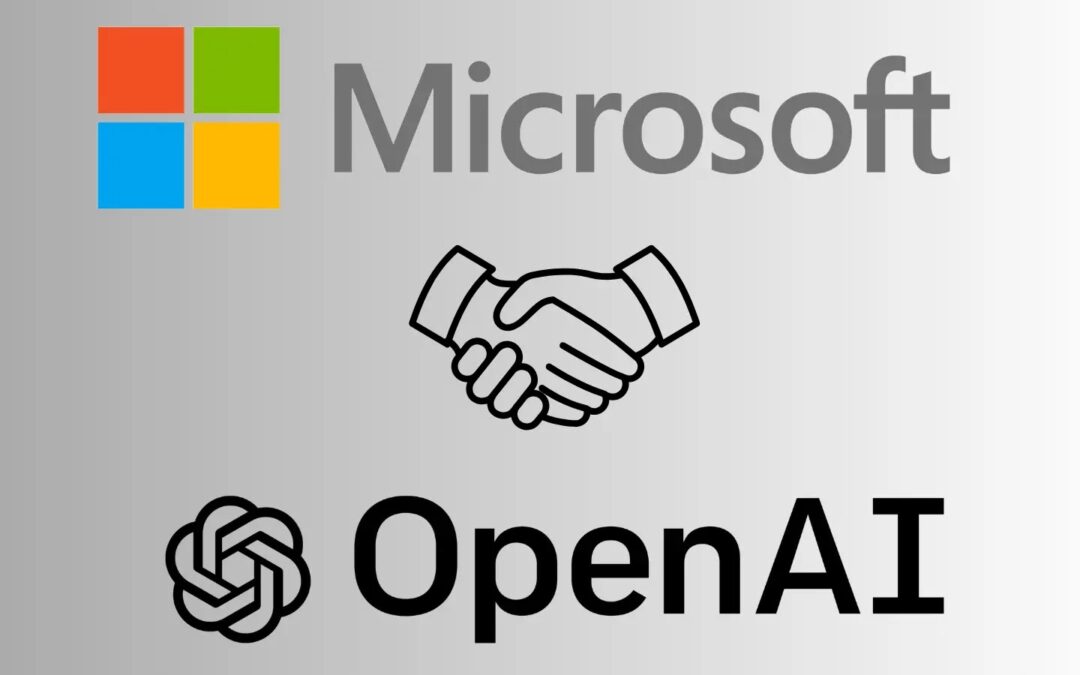OpenAI is omnipresent, but that could jeopardize the AI startup’s revenue growth goals.
As it aims to diversify its revenue streams, OpenAI has been pursuing ad agencies for the past two months, often seeking large upfront commitments in exchange for deeper collaborations, as well as signing direct corporate enterprise deals.
However, agencies’ current partnerships with Microsoft, which has an exclusive agreement with OpenAI, may limit the AI startup’s ability to close such transactions.
READ MORE: Voice Of Siri, Susan Bennett Scarjo: Right To Lawyer Against Open AI
“The convergence of OpenAI’s advanced generative AI capabilities with Microsoft’s expansive and integrated Azure ecosystem poses potential challenges for OpenAI in attracting direct enterprise deals with specific segments, including ad agencies,” Nicole Greene, a senior analyst at Gartner, told A

In at least one recent agreement, OpenAI asked a $1 million upfront contribution in exchange for annual cooperative projects and enhanced tool licenses, according to a holding company official who requested anonymity to protect industry ties.
“OpenAI is trying to find the right commercial model,” the CEO stated. “[But asking for $1 million upfront], that’s not how you build relationships.”
The cost precluded the agency from forming a direct collaboration, especially given their existing agreement with Microsoft already gives access to the identical models with fewer legal restrictions. Finally, the agency rejected the arrangement because it felt out of sync with how other tech platforms, like as Google and Meta, can bundle free media into longer-term contracts, mitigating the cost of AI capabilities.
OpenAI did not react to a media inquiry.

Havas has also avoided a direct enterprise arrangement since it already has access to GPT models via Microsoft’s Azure and prefers to stay within its current Microsoft-based infrastructure, which includes technologies such as Teams.
To increase AI use internally, the agency is collaborating with training businesses like as Section AI to teach staff model-specific best practices and encourage rapid engineering across various AI models.
“The primary goal of big [AI] providers is to sell licenses,” Dan Hagen, Havas’ global chief data and technology officer, told ADWEEK. “Training programs tend to be the second thing they think about.”
LERMA, a Dallas-based independent agency, is ready to sign a direct ChatGPT Enterprise agreement with OpenAI to enable client-facing work and internal tooling. In exchange, the independent shop gains access to OpenAI’s technologies, such as Sora and Dall-E, data security, and the opportunity to create and white-label bots for clients. The financial terms of the transaction were not released, although it is structured as an annual agreement with monthly payments. LERMA is likewise investigating Azure, weighing features and pricing before making a selection.
READ MORE: OpenAI’s Sora Video Generator Is Available For Free On Bing
Laurie Evans, media technology principal at LERMA, points out that other AI suppliers, such as Microsoft’s Copilot, provide comparable enterprise-level products.

“As an independent agency, we don’t have the resources of big holding companies that can throw a lot of money at innovation,” said Pedro Lerma, founder and CEO of LERMA. “We’re building bots for our workflow on a daily basis—that’s what’s standing out to me about OpenAI,” she noted.
OpenAI’s evolving income structure
To maintain revenue growth while pursuing profitability through an unconventional organizational structure, OpenAI began pushing its enterprise solutions in August 2023. These are ChatGPT Enterprise, ChatGPT Team, and ChatGPT Edu.
As of June, OpenAI reported signing approximately nine enterprise contracts each week and serving 3 million business customers across all tiers. OpenAI apparently charges at least $10 million for AI customisation and consulting services.
OpenAI’s yearly recurring revenue increased from $5.5 billion last year to $10 billion in June. However, the San Francisco-based company lost roughly $5 billion in 2024, highlighting the significant infrastructure and operating expenses of generative AI. For the time being, its primary revenue streams are premium ChatGPT subscriptions, such as ChatGPT Pro, which costs $200 per month, and API usage.

Even still, CEO Sam Altman recently stated on X that OpenAI is “losing money” on ChatGPT Pro memberships, claiming that he personally established the pricing with the expectation that “we would make some money.”
Now, OpenAI is focusing on ad agencies, signing enterprise deals and deepening collaborations.
Certain agencies can already access OpenAI’s tools without signing up or paying for a direct enterprise deal thanks to Microsoft’s agreement with OpenAI, which incorporates OpenAI’s IP, including models and infrastructure, into products such as Copilot (Microsoft’s AI assistant) and Azure (its cloud computing platform). According to insiders, this access allows them to use OpenAI for picture and video generation or to construct agents using the API, all within Microsoft’s ecosystem.
Without a direct relationship with OpenAI, agencies miss out on enterprise-level benefits such as 24/7 support, live training, custom bot deployments, and quick access to OpenAI’s most recent capabilities, which apparently take weeks to appear in Microsoft software.
Gartner estimates that ChatGPT Enterprise costs between $40 and $60 per user per month, which is more expensive than Microsoft 365 Copilot, which is normally priced at $30 and frequently packaged with other Microsoft products. These projections are based on Gartner’s Digital Workplace Maturity Assessment Tool, which polled IT executives about their digital transformation priorities. OpenAI did not respond to comments regarding competitive pricing.
“The pricing structures, security assurances, and integrations provided by Microsoft, such as Azure AI Studio and Microsoft 365 Copilot, align with enterprise operational requirements and risk management protocols,” Greene told me. “[These are] compelling reasons for ad agencies to work with Microsoft instead of making a direct enterprise deal with OpenAI.”

Meanwhile, OpenAI said last month that it would transition its ChatGPT Enterprise plan from a pricing-based model to a credit-based one, allowing businesses to purchase usage credits on demand rather than paying fixed per-seat pricing.
Microsoft, for its part, is seeing tangible benefits from its collaboration with OpenAI. Morgan Stanley recently updated its Azure revenue projection, citing OpenAI as a significant growth driver. Analysts now expect Azure to grow at a 33% compound annual rate through 2028, up from a previous 27% forecast.
“Contribution from OpenAI is significant and understated in our original framework,” the note continued, citing Microsoft’s 20% revenue split from OpenAI, as well as additional revenue from fine-tuning and post-training services.
Nonetheless, the relationship with OpenAI expires in 2030. Microsoft did not directly respond to queries about what will happen after that date, instead referring to a blog post detailing how the relationship has grown.
Step into the ultimate entertainment experience with Radii+ ! Movies, TV series, exclusive interviews, live events, music, and more—stream anytime, anywhere. Download now on various devices including iPhone, Android, smart TVs, Apple TV, Fire Stick, and more!


